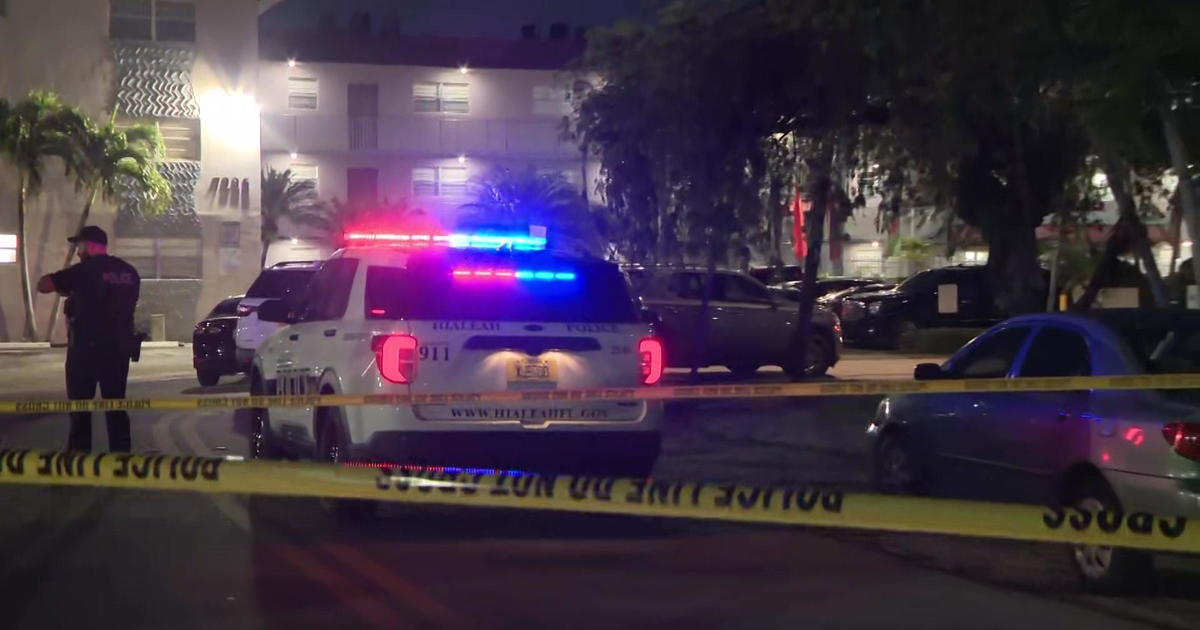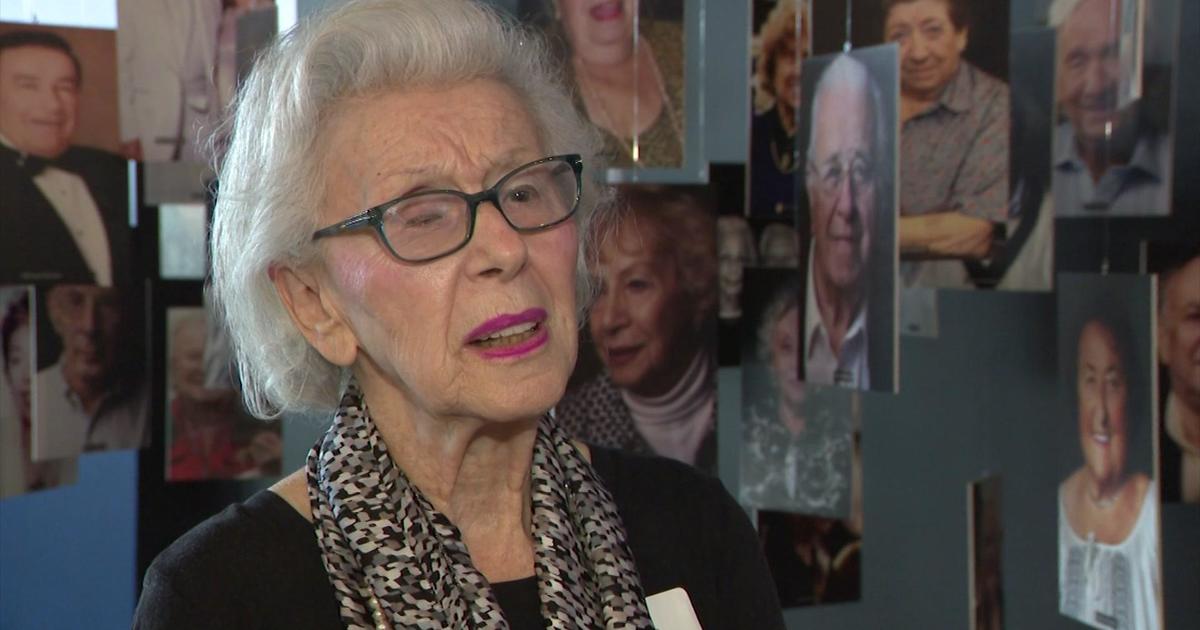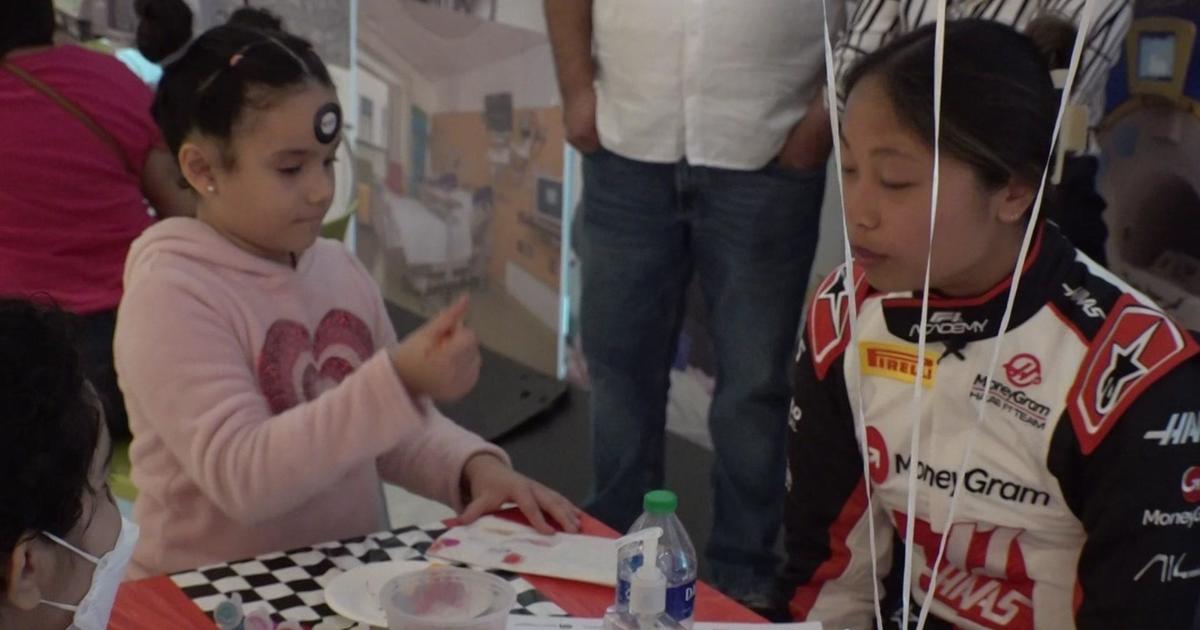Milton "Butterball" Smith: A beloved voice from Miami's Black history
MIAMI - It is a voice from Miami's past. A scratchy recording of a conversation, more of an audio letter, sent to loved ones.
The voice belongs to Milton "Butterball" Smith, one of the pioneers of Miami's Black radio.
On the recording, Butterball talks about working in Miami, how he and his family are getting along in 1960's Overtown. He paints a picture of a man building a career and he did just that becoming a community voice that locals remember to this day.
On the recording, that came to CBS News Miami from Butterball's daughter Michelle and record collector Andrew Yeomansen, "Butterball" gives us a taste of his daily program
"From the 12-20 spot on the dial comes Mrs. Smith's little fat butterball all 263 pounds of the "Fat Daddy."
Milton Smith, who first called himself "Fat Daddy" and later "Butterball," was the 1960s and 70s radio voice of the Miami Black community.
"Hey, he was loud. I guess that's why I guess I thought I had to be loud too," said James T., one of Hot 105's best-known deejays.
Butterball blazed a trail for announcers like James T.
Rhythm 'n Blues, soul music, Motown, Butterball had it all going on.
"I was very lucky to get this job. People in Miami love me. That's for sure," he said on the recording.
That was a fact. He was known for his community events, hosting community giveaways, and being the Master of Ceremonies at local amateur shows.
Black residents from Overtown to Liberty City depended on Black radio for news and information. Butterball served it up. James T. put it in perspective:
"I used to share with people that when there was a happening in the community we would hear about it through listeners calling the radio station before they would call the police," he said.
Butterball also had great interaction with his audience.
"Right now we have a new studio downtown, I broadcast every day from 3rd Avenue and 12th, everyday people walk by looking in on the broadcast," he said on the recording.
The studio was on street level right in front of the Lord Calvert Hotel.
When there was unrest, Butterball was a calming voice.
"I said 'Papa you can't go out there'. He said ' I am going.' He was determined to get to the community," said Michelle Smith.
Butterball's memory is still very much alive.
Smith said she remembers her father at community events, at the radio station, and to this day, "The old generation, yes they do know me as Butterball's daughter. In fact, no one knew my name, they just knew me as 'Oh that's Butterball's daughter'."
Smith said she remembers her dad with many recording artists, community leaders, politicians, and the times Dr. Martin Luther King Jr. would come to dinner. That King would be friends with a community leader like Butterball makes perfect sense to historian Dorothy Fields
"Going to Butterball's house, that was just natural," she said.
Jerry Rushin, a veteran Miami radio personality and radio executive knew Butterball well.
"He was just bigger than life like you say, always laughing and, you know, joking around but he'd be very serious about the community. He shared and people shared it with him, you know, and you can't you can't lose that formula back then and I don't think you can lose it now with the same formula."
Butterball and the Overtown he knew are long gone, but the memory of the big man with the big voice still lives, and as James T. will tell you, "He paved the way for us."




